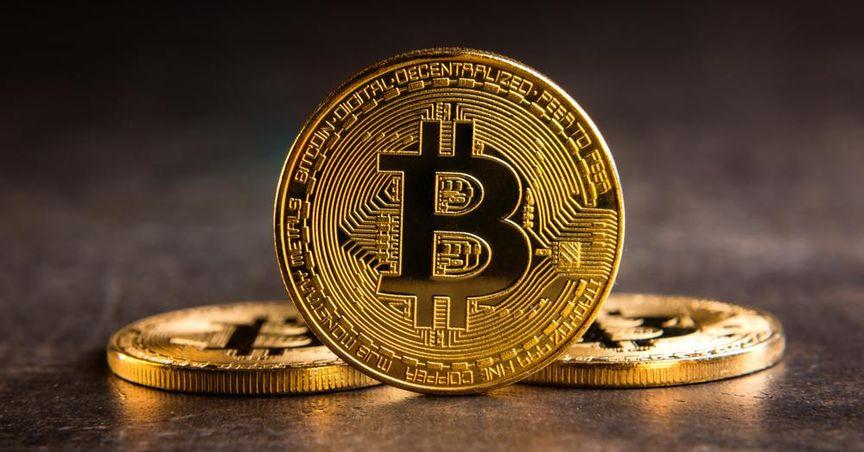Highlights
- Thai authorities seize 996 Bitcoin mining machines linked to illegal electricity diversion.
- Operators allegedly modified power meters to avoid detection and cut costs.
- Illegal crypto mining is a growing issue in Southeast Asia, with Malaysia also facing losses.
On January 8, 2025, Thai authorities confiscated 996 Bitcoin mining machines from JIT Co in Phanat Nikhom, Chon Buri, in a significant raid connected to power theft. The operation, led by the Crime Suppression Division (CSD) and the Provincial Electricity Authority, uncovered illegal practices involving the diversion of electricity to power the mining rigs.
Power Theft Scheme and Modifications
The operators of JIT Co allegedly modified power meters to run the Bitcoin mining machines during nighttime hours while using legal electricity during the day. This clever tactic allowed them to avoid detection while continuing their mining operations without bearing the full cost of electricity. In an attempt to reduce costs, the company had installed solar panels, but reports indicate these panels were not connected to the mining machines.
The operation resulted in significant financial losses for the Thai electricity grid, amounting to hundreds of millions of baht—equivalent to over $2.88 million. The authorities have linked JIT Co to the theft but have yet to identify the individuals responsible for the illegal activities, with arrest warrants being pursued.
Crypto Mining’s High Cost in Thailand
Bitcoin mining in Thailand is notably expensive, with estimates suggesting that the most efficient mining setup costs approximately 620,000 baht to mine a single Bitcoin. This is significantly higher than the average monthly power bill for a typical Thai household, underscoring the high energy consumption involved in cryptocurrency mining operations.
This case is part of a broader concern over illegal crypto mining in Southeast Asia. A report highlighted that Malaysia lost approximately $723 million in electricity due to illegal mining between 2018 and 2023, with much of the seized equipment being destroyed. Such incidents point to the growing issue of unauthorized mining activities in the region, which strain local power resources and raise concerns about regulatory oversight.
Thailand’s Exploration of Crypto Payments
As the country grapples with illegal crypto mining activities, Thailand is simultaneously exploring the use of cryptocurrencies for payments, particularly in tourist-heavy areas like Phuket. This move is part of a pilot project aimed at attracting foreign tourists and integrating cryptocurrency into the local economy. Former Prime Minister Thaksin Shinawatra has also advocated for the government to embrace cryptocurrency, arguing that staying competitive in the global economy requires adapting to emerging technologies such as digital currencies.
The seizure of 996 Bitcoin mining machines by Thai authorities highlights the ongoing struggle with illegal crypto mining in Southeast Asia. With rising concerns over energy theft, regulators are increasingly focused on preventing such activities while exploring new ways to integrate cryptocurrency into the broader economy. The situation in Thailand serves as a reminder of the challenges posed by the rapidly expanding cryptocurrency market and its impact on local resources.



